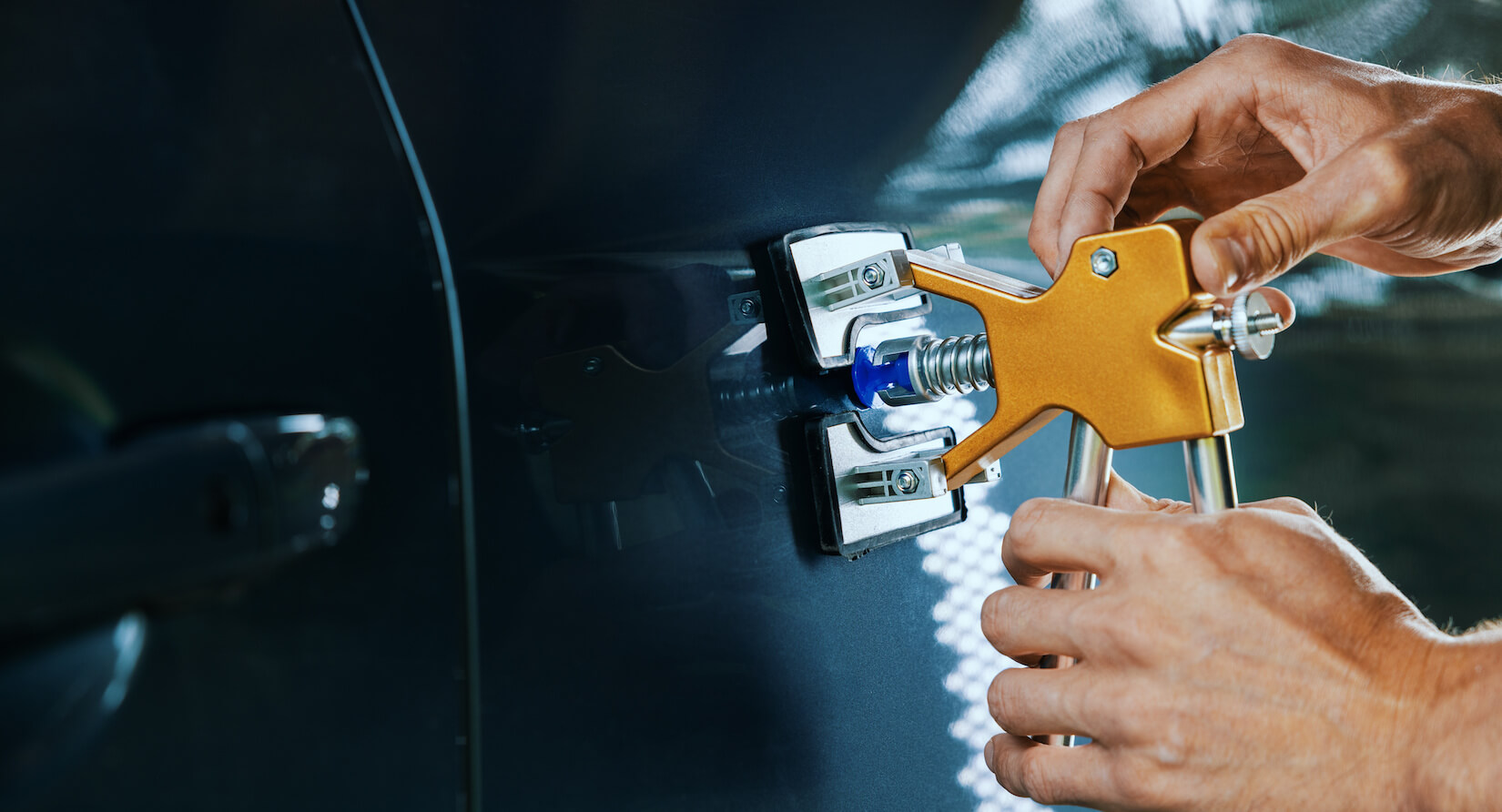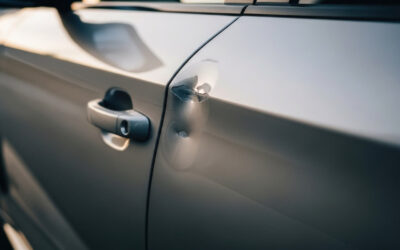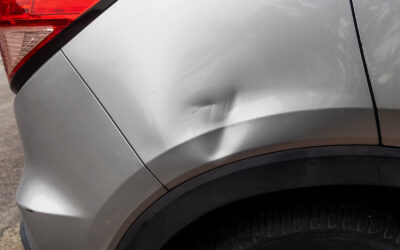It’s frustrating to walk up to your car and see a dent. Dents can come from anywhere, especially hail, and even the slightest ding can be expensive to fix. If you only have one or two dents, you might be able to avoid calling your insurance company and going through the time and trouble of traditional bodywork repair.
Depending on the severity, your vehicle might be a candidate for paintless dent removal (PDR), especially in locations prone to hail, such as Colorado and other states on Hail Alley. Colorado paintless dent removal services offer a great way to restore your vehicle’s appearance if you seek top-quality auto body care.
This guide will discuss PDR and what types of damage can be repaired using this more affordable and straightforward repair method.
What is Paintless Dent Repair (PDR)?
PDR is a specialized technique that makes dent repair less labor-intensive. Unlike traditional bodywork, PDR preserves the original factory paint and doesn’t involve color-matching, which is a key distinction.
PDR is a highly skilled craft. Technicians employ a specific approach, using various custom-designed tools to gently “massage” the dented metal back to its original contour. The best PDR technicians use specialized lighting to identify low spots, apply controlled pressure, and coax the metal back into place without disturbing the paint. Here are a few things to know about PDR:
- Damage: Issues such as door dings, minor creases, and widespread hail damage are good options for PDR if the dings and creases aren’t too deep and the paint hasn’t been chipped.
- It’s all About the Factory Paint: A vehicle’s value decreases significantly if it needs a paint job. Preserving the original factory paint maintains your vehicle’s authenticity and resale value.
- Precision Craft: Achieved through specialized tools, extensive training, and an exact, gentle touch by the technician.
Most traditional body shops offer PDR and have a specialist on staff. They will know if your vehicle can be repaired with PDR rather than conventional bodywork.
When is PDR Most Effective?
While PDR isn’t suitable for every type of damage, its effectiveness depends on specific factors. Here are the key characteristics that make a dent an ideal candidate for PDR and help achieve the best results:
- Intact Paint: The most crucial factor is that the vehicle’s original paint must not be chipped, cracked, or severely scratched. PDR works under the paint, so if the paint itself is damaged, the technique cannot fix that.
- Dent Size and Depth: PDR is most effective for small to medium-sized dents. This includes common issues like door dings, minor creases, and widespread hail damage. Very large or extremely deep dents where the metal has been severely stretched or torn are generally not good candidates.
- Location of the Dent: Dents on relatively flat and accessible panels (like doors, hoods, or fenders) are ideal. Dents on the edges of panels, highly rigid areas, or areas with limited access for tools might be more challenging, though not always impossible.
- Type of Metal: The elasticity of the metal plays a role. PDR works best on pliable metals that can be manipulated back into shape. While effective on most modern vehicle panels (steel and aluminum), extremely rigid sections or older, very thick metal might be more difficult.
Ultimately, a skilled PDR specialist must assess your car’s damage to confirm if PDR is the right option. Getting your vehicle reviewed promptly is essential, as waiting too long can make repairing a dent more challenging with PDR, potentially pushing it into traditional bodywork.
When is PDR Not Effective?
There are many instances where PDR won’t work and will require bodywork such as repainting or color-matching, which significantly decreases the value. If your vehicle has been damaged, you’ll need to know the limitations of PDR. As much as you might want to avoid bodywork, there are limitations outlined below:
- Compromised Paint: If the paint is scratched, cracked, or chipped, PDR will fix the metal but not the paint, requiring additional steps.
- Severe Dents: Substantial, deep, or sharp dents where the metal is stretched too far.
- Extensive Body Damage: Collisions that involve structural damage, bent frames, or ripped metal.
- Location Challenges: Dents in extremely rigid areas (e.g., pillars) or areas with limited access for tools.
Your first instinct will be for the least amount of work and cost, but sometimes it can’t be avoided, and PDR isn’t a real option.
The Cost-Effectiveness of PDR
One of the most appealing aspects of PDR is its noticeable cost advantage over traditional bodywork. While exact prices vary based on several factors, PDR is almost always the more affordable option:
Factors Influencing PDR Cost:
- Dent Size and Depth: Smaller, shallower dents are naturally less expensive to repair than larger, deeper ones.
- Location: Dents on easily accessible panels (like doors or fenders) are generally quicker and thus cheaper to fix than those in complex areas (like body lines, roof rails, or near braces that require more intricate tool access).
- Number of Dents: The total number of dents dictates the final cost for widespread damage, such as hail. However, PDR for hail is typically bundled and still significantly cheaper than repainting multiple panels.
- Technician’s Expertise: Highly experienced specialists might charge slightly more, but their precision often saves you money in the long run by ensuring a perfect repair.
PDR eliminates the expense of the materials and labor associated with repainting. PDR specialists won’t need body filler, primers, paints, or long drying and curing times. When you factor in preserving your vehicle’s original factory finish, which maintains its resale value, PDR truly offers an unmatched cost-effective solution for minor dent repair.
Paintless Dent Repair is Ideal for Colorado Drivers
Denver is directly on Hail Alley, and drivers experience more than their fair share of vehicle damage. Contact us today if you’re looking for paintless dent repair in Denver; you’re in the right place. Mile High Dents offers full-service traditional body services and PDR, ensuring your car gets the precise care it needs, no matter the damage.
Call us at (720) 772-0133 to speak with a technician directly or for information and assessments. With Mile High Dents, you can keep your car looking pristine and preserve its value.
At Mile High Dents, we specialize in paintless dent repair (PDR) for all types of vehicles across the Denver metro area. Whether you’re dealing with hail damage, an annoying door ding, or a larger dent, our expert technicians restore your vehicle to like-new condition without repainting, sanding, or fillers.





